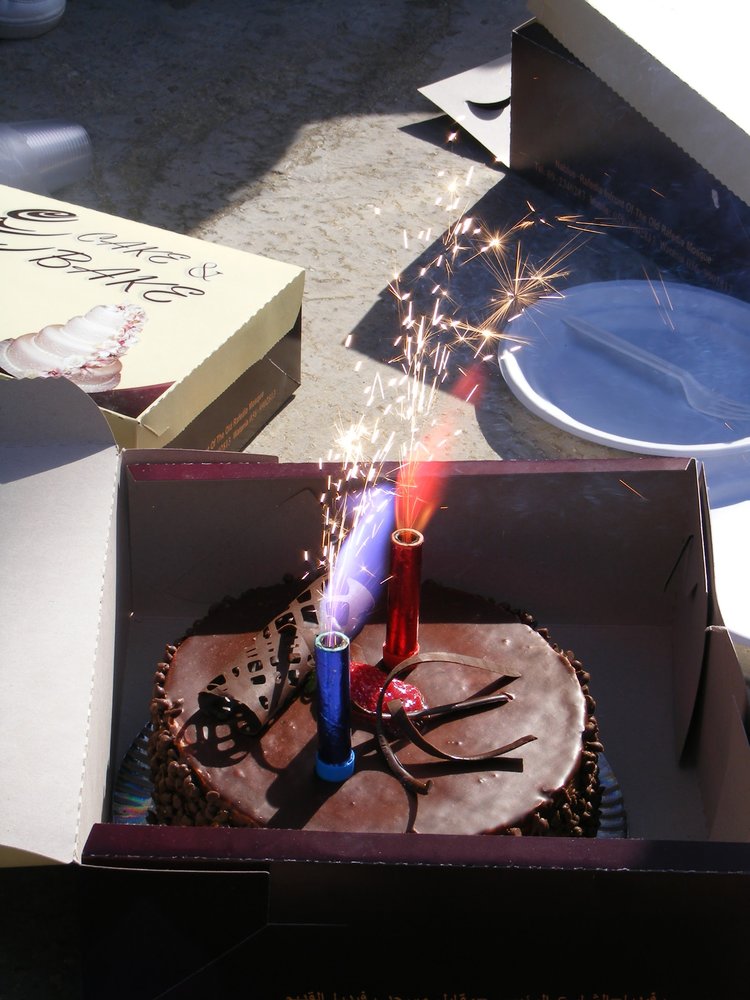Recognizing Abundance Even in Challenging Times
/I think it's fair to say 2020 has been a rough one for most everyone. We've experienced upheaval in so many ways. COVID has brought many changes to our lives from changed routines to loss or diminishment of income to loss of loved ones. The deaths of George Floyd, Breonna Taylor, and others have awakened many people, especially white people, to just how far we are from the highest aspirations of the United States' ideals. This week Louisville lost another bright light when 21-year-old Travis Nagdy, who grew into leadership through 6 months of continuous protests for racial justice, was shot and killed. The elections and its aftermath have exacerbated divisions that were already deep. Many of us are celebrating Thanksgiving (whose history brings its own complexities) in ways that break tradition.
We may be mourning or angry or tired or so many other things and I wonder if, even as we experience all of those difficult emotions, we can find the places where we can exhale in relief, in gratitude, in satisfaction. I wonder if we can simultaneously notice points of gratitude that open us up in the midst of the complex emotions that can close us off, or at least allow these opening and closing emotions to ebb and flow within us.
Practicing gratitude (and it most certainly is a practice) is something I began just before the 2016 election. Every night for over 4 years now, I've posted on Facebook 5 things for which I'm thankful for, from the mundane to the extraordinary. This practice has helped me to stay grounded in a greater sense of wholeness- of all that is- especially during difficult times. In honor of the practice and this day, I'm sharing two videos that remind me of the expansive was we can notice abundance around us-
beautiful imagery and Brother David Steindl-Rast’s reflection in A Good Day
Carrie Newcomer's song Holy As the Day is Spent, a song I get to sing every year at my church's Thanksgiving service
I also want to share just a few of the things I'm particularly grateful for in 2020:
Frida- my 20-year-old cat: I have lived with no other being as long as I've lived with Frida. As all of us have spent more time at home and less time in the physical presence of other people outside of our household (I live alone, so...), her physical presence has been of great comfort. If you've been in my house or on a Zoom call with me, chances are, you've met Frida, or at least heard her. She's usually on my lap- as often as I'll let her be!
My church community: Even though we haven't met in person since March, we have me weekly via Zoom and our community has even grown as we've welcomed friends and family who live outside of Louisville- in other cities, states, and countries. I appreciate the comfort of ritual, the intentional inclusion of different community members’ voices each week, and the many ways we've cultivated community and support for and with each other.
Park walks with friends: As we navigate safe ways to be together, I have loved every walk I've taken with friends. These walks help me move my body, fill my spirit, and ground me in connections with Nature and people.
People who brought me meals or small gifts, sent text messages or notes, graced me with their company when I was struggling. There have been a few times this year when I've had a hard time taking care of myself. During those times friends, family members, acquaintances, and sometimes even strangers stepped in and gave me the care I was struggling to give myself.
Getting to know my neighbors: Every night at 7:00pm, my neighbors and I come out on our porches and bang drums, ring bells, play tambourines, and otherwise make noise. Sometimes my 10-year-old neighbor rides his skateboard down the street in costume in the midst of the joyful noise. Most Saturday nights we've also gathered (at a distance) around a fire pit in the middle of the street. We've had two outdoor karaoke nights, a pumpkin-carving night, a cookout, among other things. Even when we're back to whatever the new normal becomes, I suspect these ties will remain strong.
Healthcare workers and public health officials: I don't even know where to start. What a mix of the challenges they've faced, whether direct care of COVID patients, protecting themselves from COVID, dealing with supply shortages, changing protocols as the information about COVID evolves, interacting with people who are difficult for any number of reasons, overworking. And they still keep showing up.
Teachers, parents, students, anyone involved in education: The creativity and flexibility that this year is demanding is A LOT (true in this scenario and most every other). Families and schools have had to make tough choices, wondering if they're the right ones and if they'll have to pivot again as circumstances change.
New or renewed dedication to racial justice coming alive in many people: both observing and being a part of the racial justice work going on right now is exciting. Seeing young people come forward to lead is exciting. Seeing people of all ages willing to risk safety, whether physical or emotional, so that our society is more equitable is exciting. Seeing structures of support form is exciting- therapists groups dedicated to protesters, lawyer groups ready to support people who got arrested in protests, volunteers who provide food, rides, sanctuary spaces, child care, education, training. Just wow.
The truth is that this is only the start to my list. It could easily have 100 points, but I'll leave the rest for another day... or for your imagination.
For what are you grateful?
How has 2020 brought blessings to your life?













